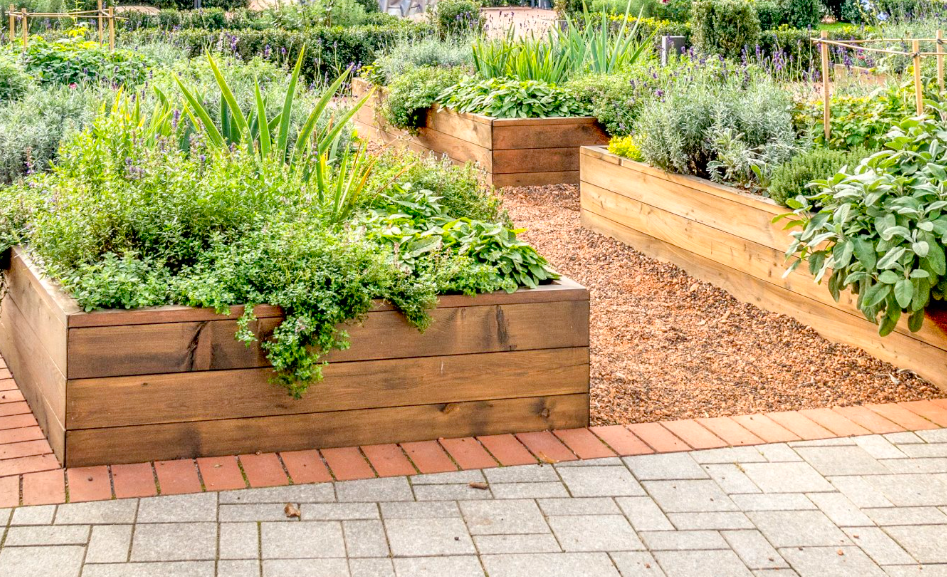When planning your garden, the material you select for your raised wooden beds plays a crucial role in their longevity, functionality, and aesthetic appeal. The variety of wood types available in New Zealand can cater to different garden designs, climates, and budgets. Below, we explore the seven best materials for raised garden wooden beds in NZ, highlighting their unique characteristics and benefits.
1. Pine
Pine is one of the most common choices for raised beds due to its affordability and availability. It is lightweight and easy to work with, making it ideal for DIY projects. Treated pine can withstand outdoor elements, though it may not last as long as some of the harder woods. Pine is a great option for gardeners looking for a cost-effective solution while allowing flexibility in design.
2. Oak
Known for its strength and durability, oak is an excellent material for long-lasting garden beds. This hardwood can endure New Zealand’s diverse weather conditions and is less prone to warping or rotting compared to softer woods. Oak has a lovely natural grain, adding a rustic and refined look to your garden. Although oak can be more expensive, its long lifespan makes it a solid investment for serious gardeners.
3. Maple
Maple is another durable hardwood that can serve well in outdoor environments. Its dense nature makes it resistant to scratches and dents, and its fine, smooth grain can give your garden beds a clean, modern appearance. Maple is a fantastic option for raised beds if you’re looking for a material that combines strength and aesthetics, particularly in a structured, tidy garden setting.
4. Teak
Teak is known for its incredible resistance to moisture, insects, and decay, making it a premium choice for garden raised wooden beds in humid or wet climates. Teak has a rich, golden colour and ages beautifully, turning into a silver-grey patina over time. While it can be pricey, teak’s durability and natural resilience to the elements make it one of the best woods for outdoor use.
5. Acacia
Acacia wood is prized for its distinctive grain patterns and sustainable sourcing. As a hardwood, it’s quite resistant to water and decay, which is essential for raised garden beds exposed to New Zealand’s changing weather. Acacia is also relatively affordable, combining beauty and durability with eco-friendly benefits, making it perfect for environmentally conscious gardeners.
Conclusion
Selecting the right wood for your raised garden wooden beds in NZ depends on several factors, including your budget, climate, and aesthetic preferences. Hardwoods like oak, teak, and mahogany offer unparalleled durability and style, while more affordable options like pine and acacia provide a balance between cost and functionality. Each wood type has its unique characteristics, allowing you to create raised garden beds that not only serve their purpose but also enhance the beauty of your outdoor space.

